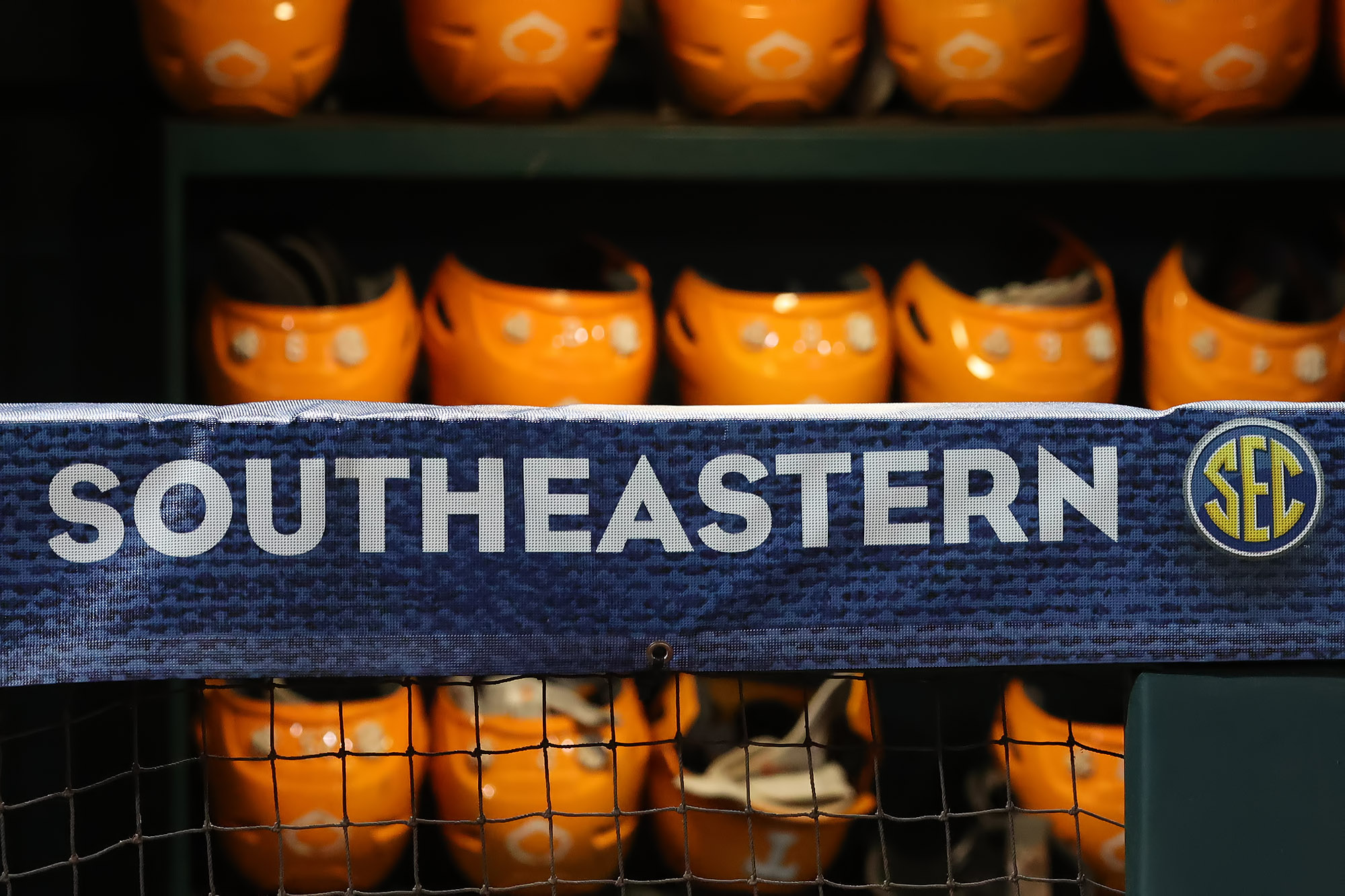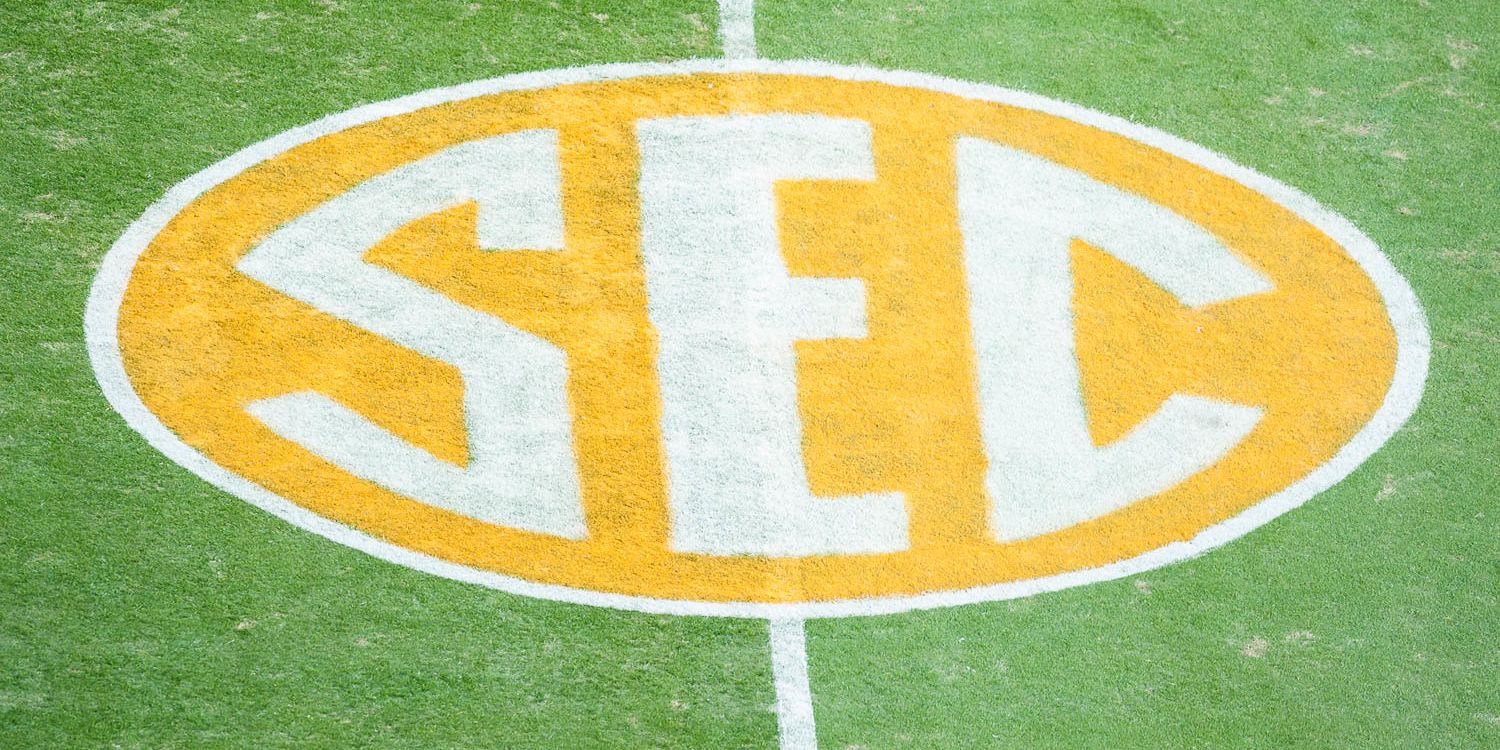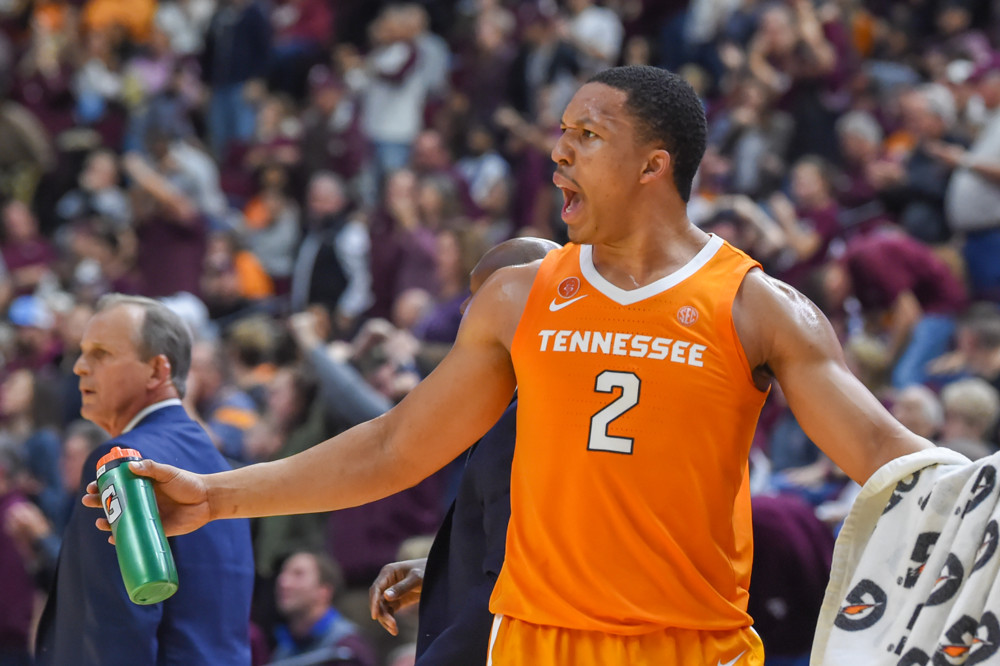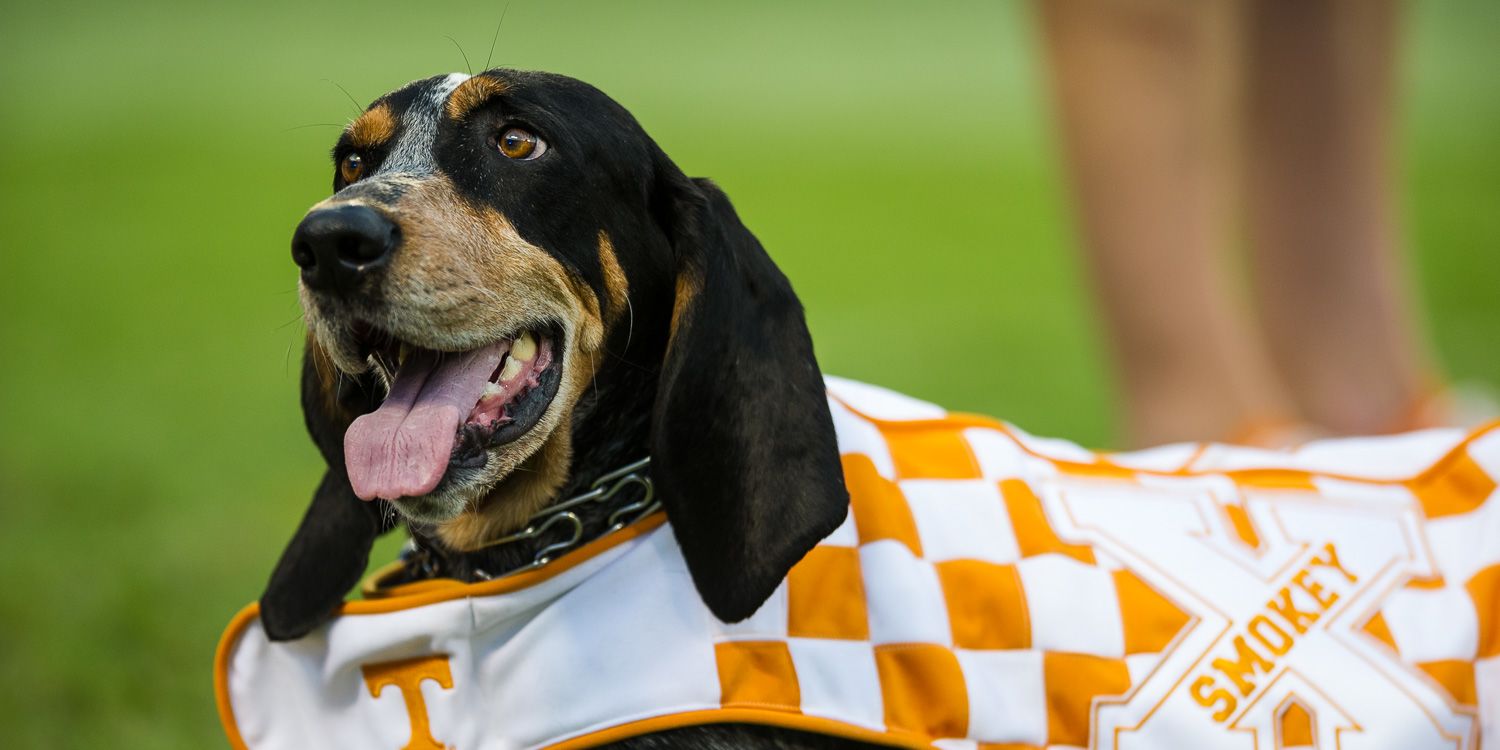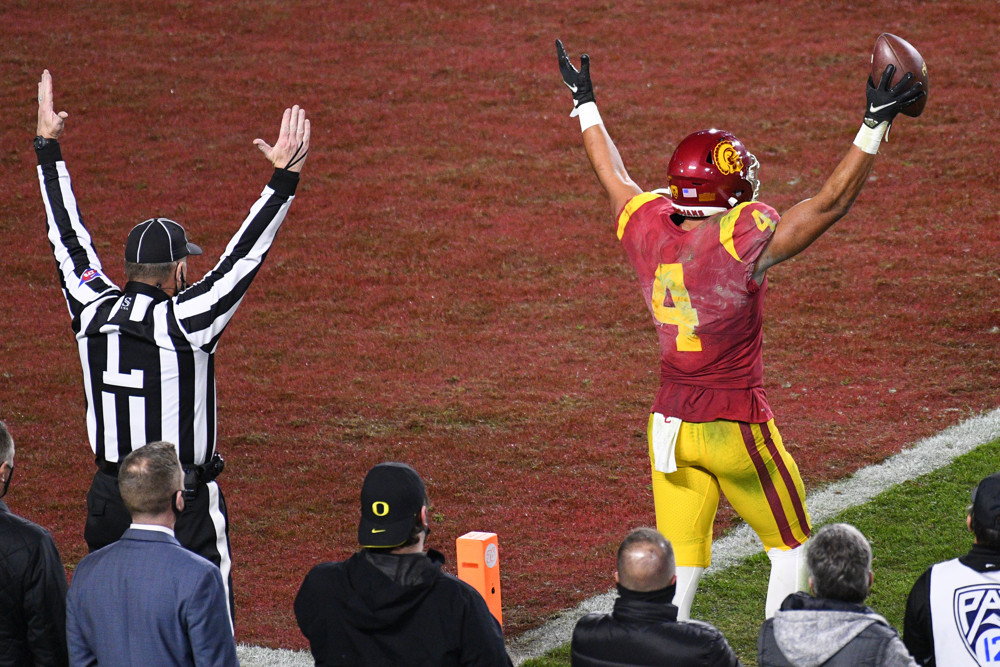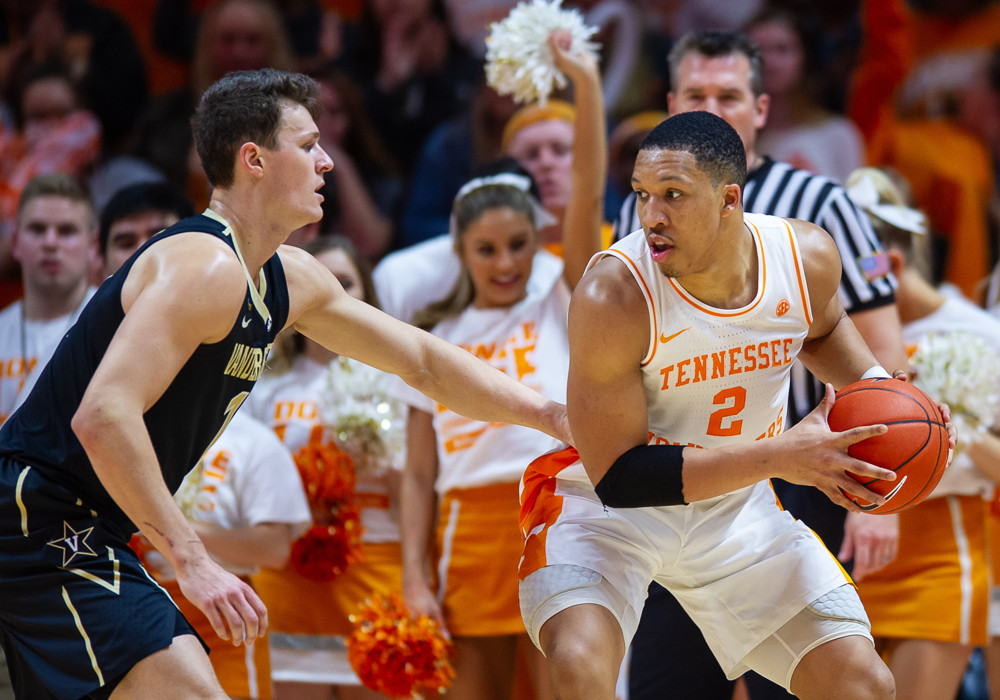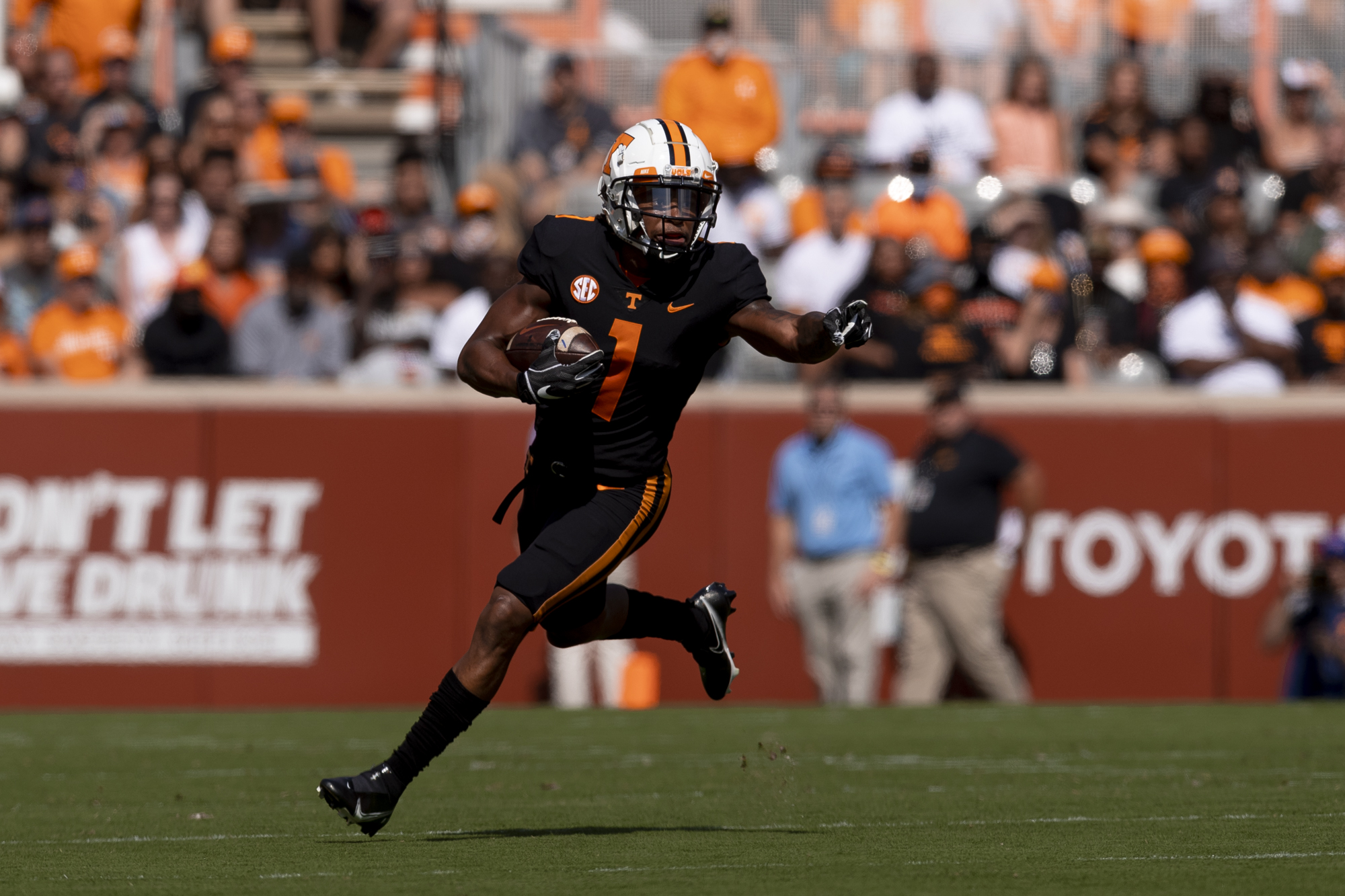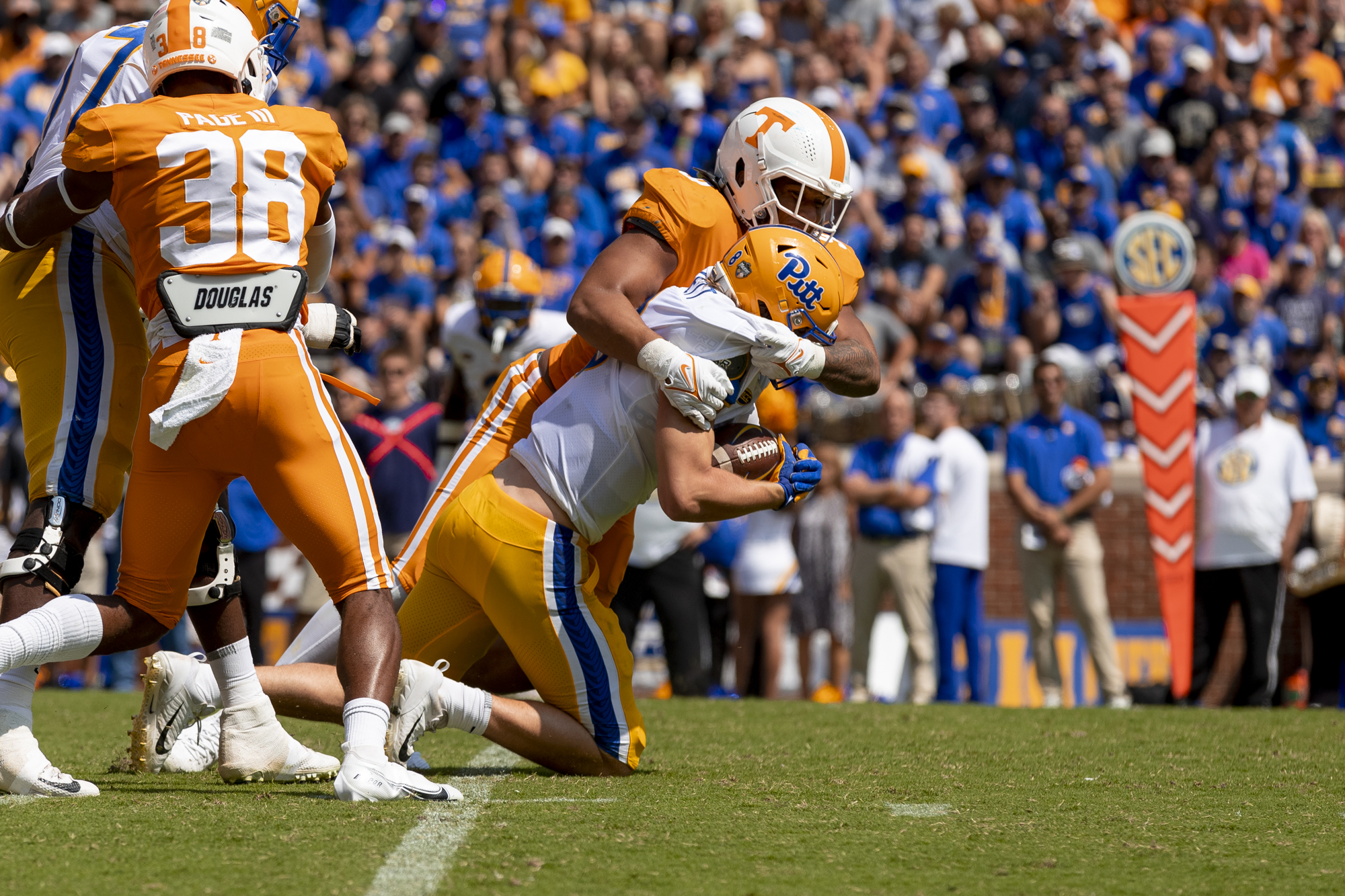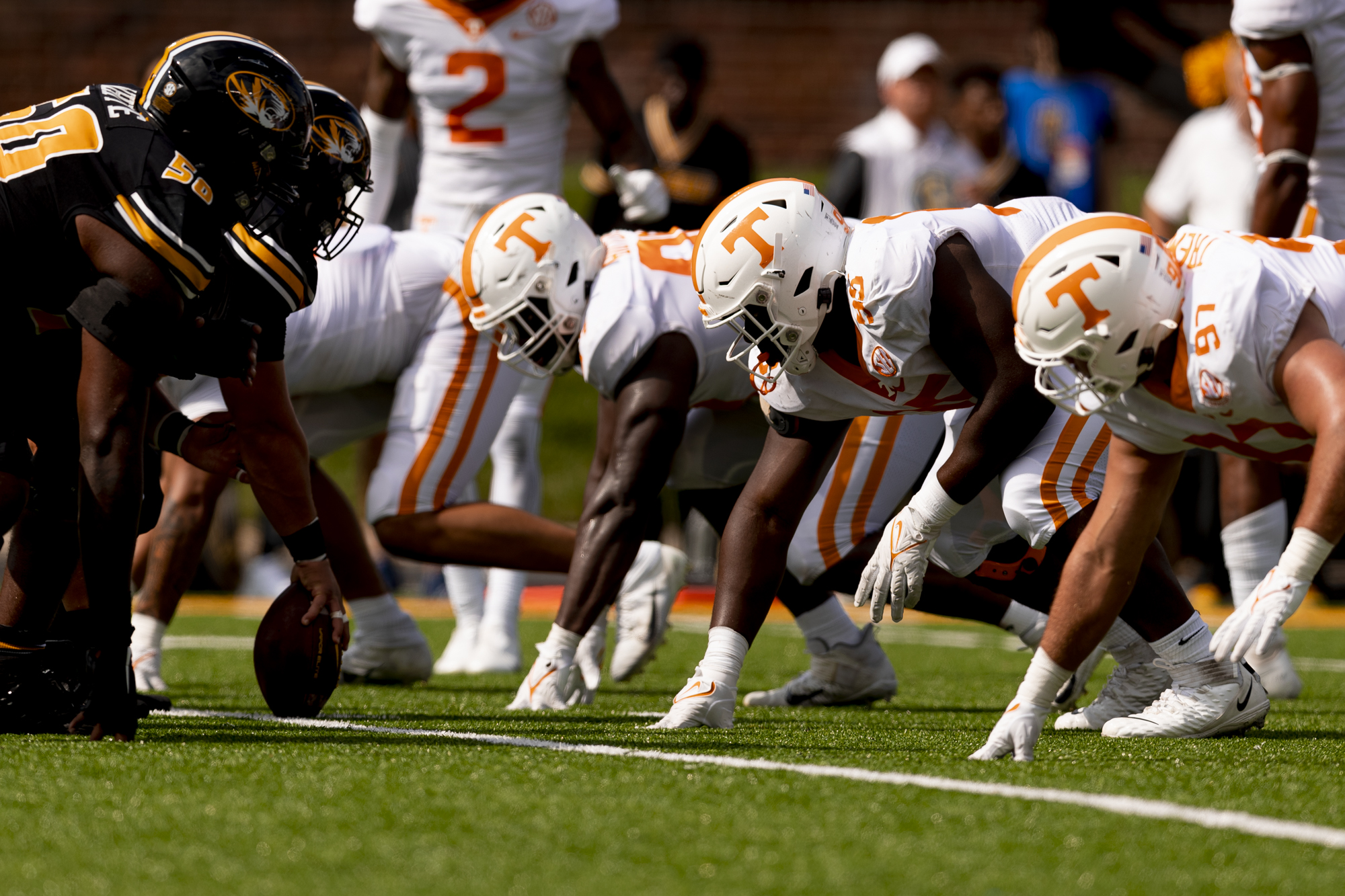One of the most interesting and most difficult questions to answer right now is, “What is a successful outcome for this Tennessee baseball team?”
When you’ve been number one for months and you find yourself in best. team. ever. conversations, there’s a version of this answer that goes national championship or bust. That, of course, is a dangerous game to play anytime, but especially given Tennessee’s overall baseball history. The Vols have only been to Omaha four times since 1951, and their last two trips in 2005 and 2021 came with no victories. Win a single game in the College World Series, and you’ve advanced farther than any Tennessee team since 2001. Win two, and you’ve equaled the 1995 Vols as the best of the modern era. (That 1951 squad made the finals out of the loser’s bracket before falling to Oklahoma.)
So there’s a whole conversation about this Tennessee team, one we may not revisit anytime soon. I assume the Vols will continue to compete for championships under Tony Vitello’s leadership. Assuming we’ll see something like this year, every year? That’s less likely, and more reason to celebrate what’s in front of us.
But in the conversation about Tennessee as a program, the Vols are currently achieving on a level the best of the SEC has enjoyed for the last 20+ years.
A year ago this week, when all of this was even more new, we looked at what regular success might look like in baseball. Here’s an updated version of two of those charts, with data via wikipedia:
Super Regional appearances (since 1999)
- 15: LSU (last in 2021)
- 13: South Carolina (2018)
- 10: Arkansas (2022), Florida (2018), Mississippi State (2021), Vanderbilt (2021)
- 9: Texas A&M (2022)
- 8: Ole Miss (2022)
- 4: Auburn (2022), Georgia (2008), Tennessee (2022)
- 3: Alabama (2010)
- 1: Kentucky (2017)
- 0: Missouri
Here again, the history of the best SEC programs under this format suggests making the Super Regionals 2-of-3 years is a good goal. No one does it every year. But if you’re doing it right, you’re getting this far more often than not.
Let’s zoom in here:
Last Two Super Regional Appearances
- Alabama: 2010, 2006
- Arkansas: 2022, 2021
- Auburn: 2022, 2019
- Florida: 2018, 2017
- Georgia: 2008, 2006
- Kentucky: one appearance (2017)
- LSU: 2021, 2019
- Ole Miss: 2022, 2021
- Mississippi State: 2021, 2019
- Missouri: no appearances
- South Carolina: 2018, 2016
- Tennessee: 2022, 2021
- Texas A&M: 2022, 2017
- Vanderbilt: 2021, 2019
SEC teams making it two straight Super Regionals this week: Arkansas, Ole Miss, Tennessee. Others hitting the two-in-three-years threshold: Auburn, LSU, Mississippi State, Vanderbilt. That’s half the league.
Here’s the next part:
College World Series appearances (since 1999)
- 8: Florida (last in 2018), LSU (2017)
- 6: Arkansas (2019), South Carolina (2012)
- 5: Mississippi State (2021), Vanderbilt (2021)
- 4: Georgia (2008)
- 3: Tennessee (2022), Texas A&M (2017)
- 1: Alabama (1999), Auburn (2019), Ole Miss (2014)
- 0: Kentucky, Missouri
Appearing at least once in the last three years: Arkansas, Auburn, Mississippi State, Tennessee, and Vanderbilt. Ole Miss and Texas A&M can join that list over the weekend. If so, that would again be half the league.
Zooming out here, should the Vols go back-to-back:
Last Two College World Series Appearances
- Alabama: 1999, 1997
- Arkansas: 2019, 2018
- Auburn: 2019, 1997
- Florida: 2018, 2017 (four straight back to 2015)
- Georgia: 2008, 2006
- Kentucky: never
- LSU: 2017, 2015
- Ole Miss: 2014, 1972
- Mississippi State: 2021, 2019 (three straight back to 2018)
- Missouri: 1964, 1963 (three straight back to 1962)
- South Carolina: 2012, 2011 (three straight back to 2010)
- Tennessee: 2021, 2005
- Texas A&M: 2017, 2011
- Vanderbilt: 2021, 2019
With Mississippi State failing to make the field and Vanderbilt out, the Vols would be the only SEC team with an active two-year streak in the College World Series, if they get past Notre Dame. They would become the sixth SEC team to pull off two straight trips to Omaha this century.
And here’s the most fun list of all:
National Championships
- Florida: 2017
- Georgia: 1990
- LSU: 2009, 2000, 1997, 1996, 1993, 1991
- Mississippi State: 2021
- Missouri: 1954
- South Carolina: 2011, 2010
- Vanderbilt: 2019, 2014
- Still waiting: Alabama, Arkansas, Auburn, Kentucky, Ole Miss, Tennessee, Texas A&M
SEC teams have won seven of the last twelve championships, and three of the last four. Arkansas just missed in 2018. Five teams are still alive in these Super Regionals to continue those trends.
As a program, Tennessee is on pace with top-tier success for an SEC program over the last two years. The Vols are one of three programs to make back-to-back Super Regionals, and can become the only SEC program to make the College World Series in 2021 and 2022. Winning it would make them the fourth SEC team to bring home a ring in the last five years. The league is very good at this.
Which continues to make what this particular Tennessee team is accomplishing all the more impressive.
Onward and upward. Go Vols.
